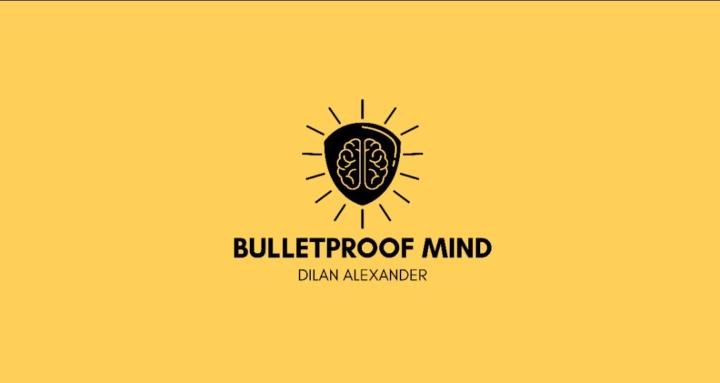🔥
Aug '24 • 🗣️ Discussion
How Chronic Stress Affects Your Health
Chronic stress is a prolonged and constant feeling of stress that can negatively affect your health if it goes untreated. It can be caused by the everyday pressures of family and work or by traumatic situations.
Chronic stress occurs when the body experiences stressors with such frequency or intensity that the autonomic nervous system does not have an adequate chance to activate the relaxation response on a regular basis. This means that the body remains in a constant state of physiological arousal.
This affects virtually every system in the body, either directly or indirectly. People were built to handle acute stress, which is short-lived, but not chronic stress, which is steady over a long period of time. In order to begin managing chronic stress, it is important to understand what it is, what may be causing it, and how it affects the entire body.
Common Signs of Chronic Stress:
Chronic stress affects both the mind and body. It produces both physical and psychological symptoms that can take a toll on a person's ability to function normally in their daily life.
These symptoms can vary in their severity from one person to the next. Some of the most common signs of chronic stress include:
- Aches and pains🤒
- Headaches🤕
- Decreased energy
- Trouble concentrating
- Muscle tension
- Difficulty sleeping😴
- Nervousness and anxiety
- Irritability😡
- Disorganized thinking
- Fatigue
- Feeling a loss of control🤮
- Feelings of helplessness😪
- Frequent illnesses and infections🤧
- Gastrointestinal complaints🤢
Chronic stress is long-lasting, pervasive, and not easily recognized. People that have chronic stress often do not realize they have it. It can be caused by many factors and could trigger our “fight or flight” response, which is designed to help fight occasional life-threatening situations.
It is important to learn stress management techniques and healthy lifestyle changes to prevent the negative impact of chronic stress.
4 Common Types of chronic stress; these can vary though
- Emotional Stress: anger, sadness, or frustration
- Environmental Stress: where you live and work
- Relationship Stress: how you relate to friends, family, co-workers, and partners
- Work Stress: challenges and pressures related to your job
These and other types of stresses can be inter-related too and impact how you handle other types of stress.
How chronic stress impacts your health:
Because chronic stress is so prolonged, it can have a detrimental impact on your health and well-being if left untreated. Some can include:
- Acne
- Depression
- Eczema
- Heart disease
- High blood pressure
- Hyperthyroidism
- Irritable bowel syndrome (IBS)
- Low sex drive
- Ulcers
- Weight changes
Treatment:
Finding ways to manage chronic stress is important for overall well-being. This may involve professional treatment, but self-help and relaxation strategies can also often be effective.
If severe chronic stress is causing significant distress or impairing your ability to function normally, professional treatment can help you develop new coping skills and find ways to lower your stress levels. This can include psychotherapy and/or medications.
How to deal with chronic stress
Chronic stress can often be managed through self-help approaches. It is important to begin using stress management techniques as early as possible when you recognize chronic stress in your life.
This works for a few reasons:
- Provides quick stress relief: fast-acting techniques can reverse the stress response so your body has a chance to recover and your mind can approach problems from a proactive stance rather than reacting from a stressed or even panicked perspective. When you're making choices from a more relaxed and confident place, you tend to make choices that better serve your best interests and avoid creating more stress for yourself.
- Develops stress resilience: longer-term healthy habits can also be important, because they can build resilience and give you chances to take a break from stress on a regular basis. This can help you avoid staying stressed so constantly that you don't realize how stressed you are, which can keep you from taking steps to reduce the stress in your life. It can also save you from the more negative effects of chronic stress. Some of the most effective habits include exercise🏃, meditation🙏, and journaling✍️, which all promote resilience to stress.
- Creates new coping skills: changing how you respond to stress can help as well. Taking steps to reduce the stressful situations you face (saying no more often, for example) and to change your perspective (reminding yourself of the resources you can use and the strength you possess) can both help. Approaching stress from a proactive stance can help reduce chronic stress.
If you have tried self-help strategies and feel you need more assistance, or if you feel these will not be enough to help, don't hesitate to talk to your doctor, a loved one, close and trusted friend about your concerns. Effective help is available🫂.
4
3 comments

skool.com/thinkers-academy-9696
Got Money and Still Not Happy? Let's fix that.
Powered by
